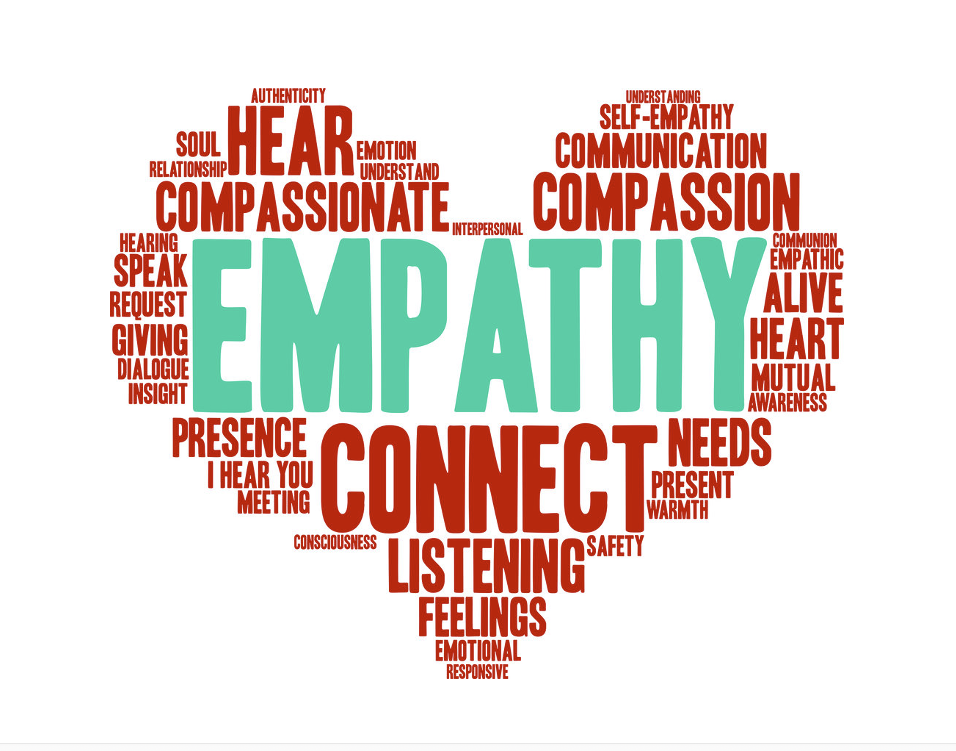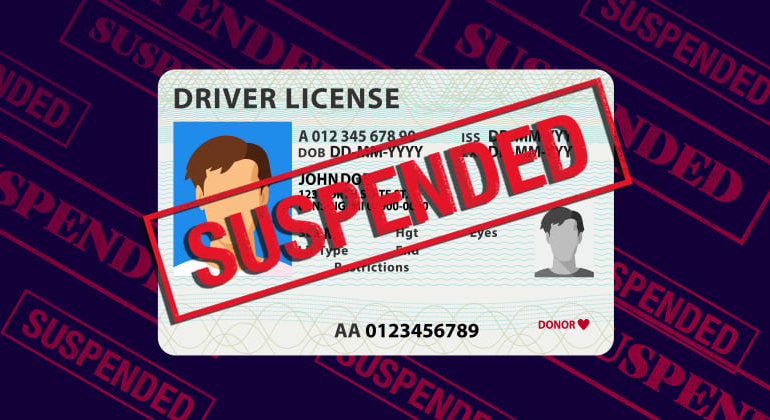44Views

Maintaining professionalism and compassion when dealing with hardened criminals can be challenging. It requires being able to understand their motivations while remaining professional by maintaining distance from personal feelings or biases.
This research explored the relationships between empathy constructs and professional quality of life factors, while accounting for socio-demographic variables like gender and tenure. Hierarchical regression analyses demonstrated that cognitive empathy components (affective response, affective mentalising and self-other awareness) positively correlated with compassion satisfaction.
1. Active Listening
Active listening is at the heart of compassion. It allows leaders to fully grasp a person’s perspective without interrupting or jumping to conclusions, using techniques such as paraphrasing (restating what was being said in your own words to show comprehension) and asking clarifying questions.
Active listeners demonstrate their understanding of a speaker by being mindful of nonverbal cues such as eye contact, body posture and voice tone. They avoid distractions such as fidgeting with watches or phones; fiddling around; looking at phone screens during conversation or doodling – anything which may come off as condescending; instead they focus on gathering a full understanding of an issue through open and closed questions before repeating key themes throughout a dialogue to foster accountability for both parties involved.
2. Emotional Regulation
Attorneys engaged in criminal defense must possess an ability to manage their emotions effectively in order to effectively represent clients facing allegations of sexual assault, false accusations or other complex legal proceedings. Emotional regulation is key in providing clients with effective assistance. Attorneys must remain calm while handling complex proceedings such as those alleging rapes or false accusations, so as to assist their clients during what can often be difficult proceedings.
Compassion fatigue, similar to secondary traumatic stress, may arise as a result of prolonged exposure to client traumas and feeling responsible for ensuring the justice system doesn’t harm its citizens. Emotional regulation techniques can be effective at alleviating some of this burden while helping attorneys avoid burnout associated with such work.
Maroney and Gross’s typology of emotion regulation included both antecedent strategies (used to regulate before an emotional situation arises) and response-focused strategies (which seek to manage emotional responses after experiencing them). Participants did not appear to strongly identify with any one strategy, though their opinions about various approaches to dealing with emotions at work was evident.
3. Transparency
With the rise of predictive analytics, some are concerned that algorithmic decision-making risks ceding control of criminal law to technocrats and experts. Given its centrality to criminal courts as an arena for determining blame, desert, responsibility, and excuse, such a transfer would represent a considerable setback.
But as I have suggested elsewhere, such fears might be exaggerated. Perhaps the real issue lies with criminal justice itself: an institution which remains chronically underfunded, resistant to change and filled with biases of all sorts.
Improving upon this status quo can be difficult. But it is equally essential to recognize that even when new algorithms do provide some improvements, they cannot fully replace current methods of decision-making. That is because such decisions – from whether to stop someone for questioning to when and where to patrol, arresting and charging suspects with crimes, seeking detention pending trial, sentencing them, etc – involve subjective qualitative judgments with recommendations that vary case-by-case.
4. Psychological Safety
Psychological safety refers to a team-level environment in which employees feel secure enough to take risks, share ideas and ask questions freely without fear. Psychological safety plays a pivotal role in employee engagement and performance.
Empathetic leaders foster psychological safety by showing respect for different perspectives, emotions and life situations. For instance, they make it clear to their team members that they can negotiate an optimal level of autonomy at any point during their careers while still receiving sufficient support and understanding to meet business objectives.
As they assist teams to learn from mistakes and failure by framing it as an experiment rather than as “performance problems”, these managers also foster an environment for learning and growth while creating feelings of inclusion among diverse groups in the workplace. Studies show that members from diversity groups face higher attrition risks when their sense of psychological safety decreases compared to cisgender and straight colleagues.



